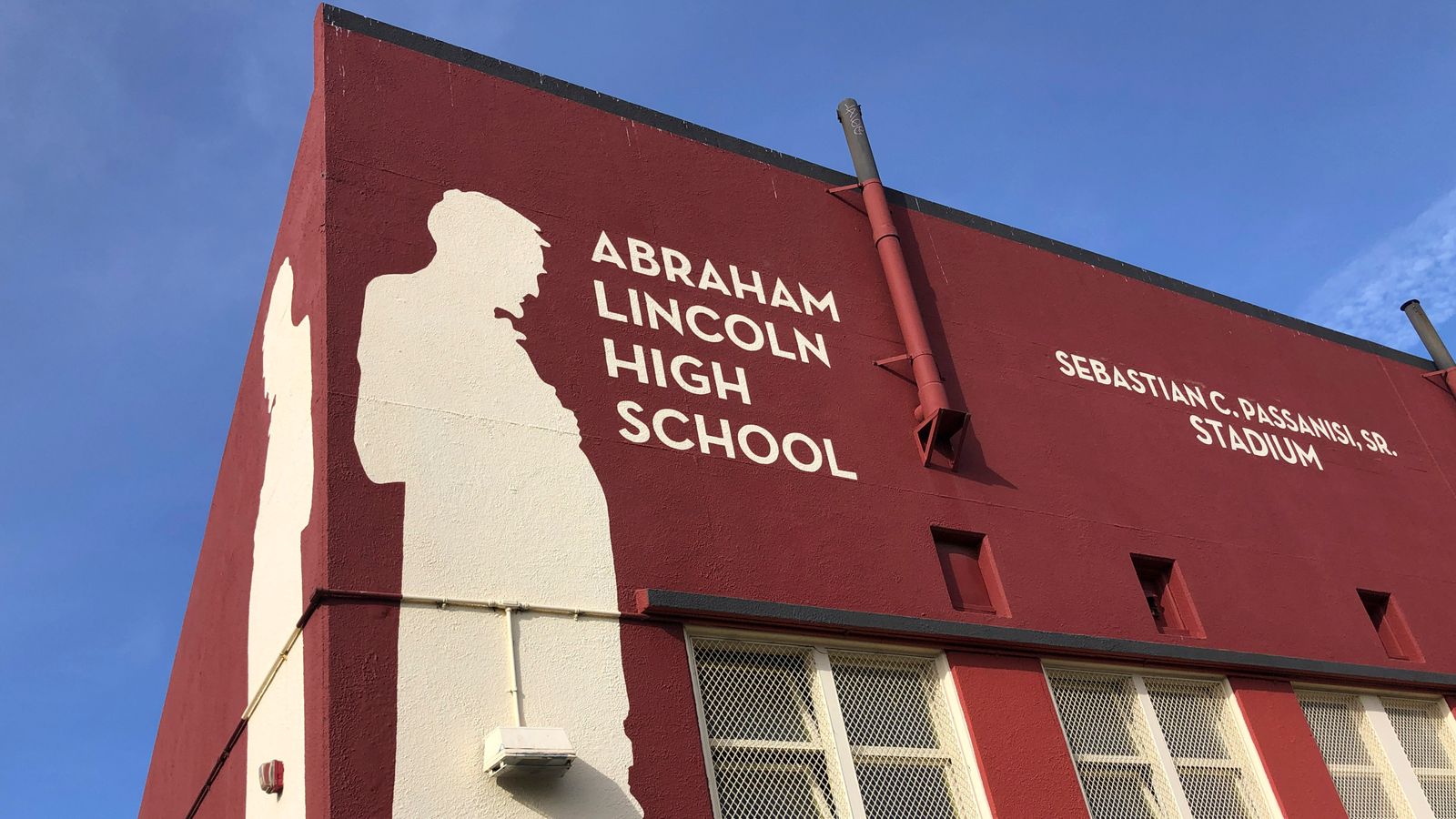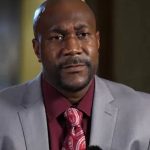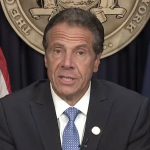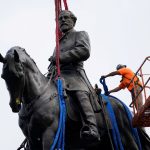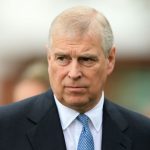Plans to rename 44 schools in San Francisco which were said to honour figures linked to racism, sexism and other injustices, have been suspended after a vote.
The city’s board of education held a virtual ballot on Tuesday and voted unanimously to reverse its decision to strip the names of around a third of San Francisco’s public schools which critics said went too far.
The move was initially proposed last year, and among the 44 schools were some named after former US presidents Abraham Lincoln, George Washington and Thomas Jefferson.
The unanimous decision means the school board will revisit the matter after students have returned full-time to in-person learning.
It’s initial decision in January to rename the schools was criticised after it was taken while all of the city’s classrooms were closed due to coronavirus measures.
Mayor London Breed, among others, said it was “offensive and completely unacceptable” for the board to focus on changing school names rather than getting children back into classrooms.
Some of the city’s youngest students are expected to begin returning this month after more than a year of homeschooling.
The plan to rename schools also came under fire for historical inaccuracies and shoddy research that included consulting Wikipedia rather than historians.
The reversal was welcomed by Seeyew Mo, head of Families for San Francisco, who said: “It feels like truth won this time. I’m glad they’ve come to their senses – after lawsuits, and public pressure. A lot of people agree with the idea of revisiting names, but they just disagree with how it was done.”
The group had opposed the renaming process and brought attention to the flawed research.
The city’s board of education created a task force in 2018 to assess the names of schools in the aftermath of deadly clashes at a white supremacist rally in Charlottesville, Virginia
The 12-person committee recommended that 44 schools should have their names changed because of links to controversial historical figures.
The name of Abraham Lincoln – who issued the Emancipation Proclamation in 1863 that freed slaves during the US Civil War – was to be removed from a high school due to the treatment of Native Americans during his administration.
“I know people want to be inspired and want not to be worshipping false idols… but, honestly, to me there is still no better example of the American story at it’s highest level of idealism than Abraham Lincoln,” said historian Harold Holzer, a Lincoln Scholar and director of Hunter College’s Roosevelt House of Public Policy Institute.
